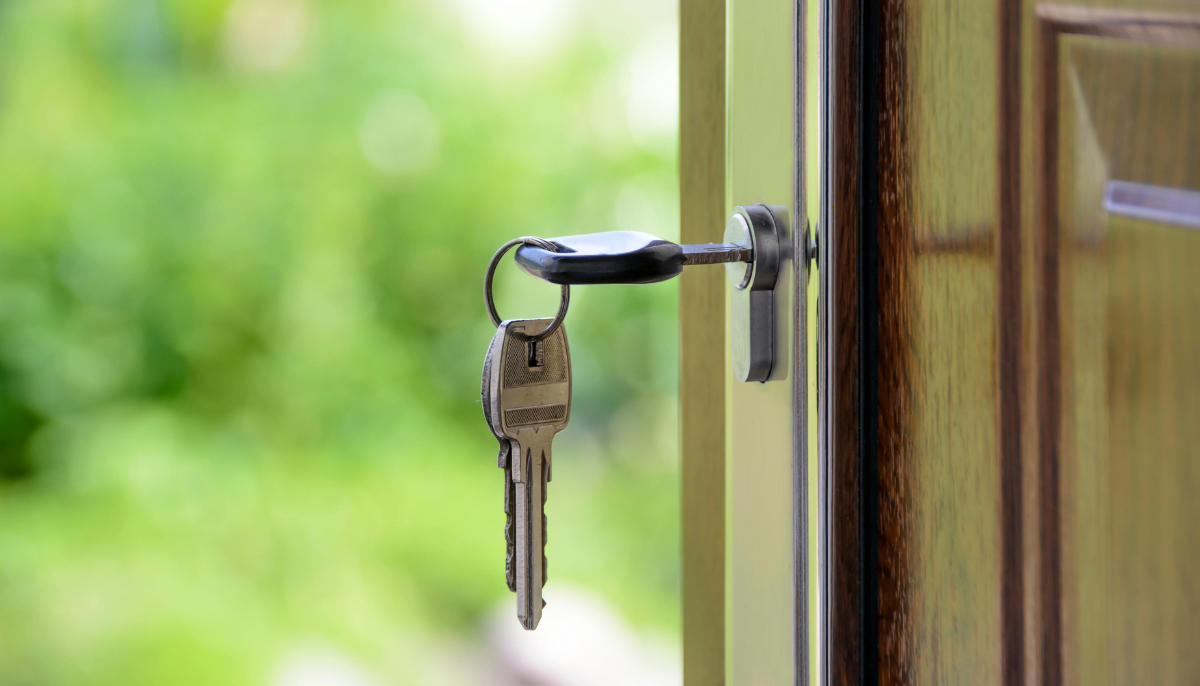
Housing is one of the biggest financial decisions Australians face the discussion around whether to rent or buy in 2025 is often reduced to blanket statements and overly simple advice. While upfront costs are important, non-financial factors like lifestyle needs, long-term flexibility, and personal goals play a major role and differ greatly between individuals. Just like many aspects of property, the best choice between renting and buying depends on your situation and how you want to grow financially and personally.
Buying: Security With a Side of Expenses
Owning your own principal place of residence (PPOR) remains a significant milestone for many Australians. It continues to represent the great Australian dream, even as rising property prices and increasing cost-of-living pressures make home ownership feel further out of reach for some.
That said, buying a home in Australia offers long-term emotional and financial benefits. It provides a sense of stability, autonomy, and relief from rental restrictions. As a homeowner, you’re no longer at the mercy of landlords, rental inspections, or sudden rent hikes. Instead, you’re laying down roots and building your life on your own terms, a lifestyle that comes with some very real and tangible advantages.
- Security: Homeowners enjoy peace of mind, free from concerns about lease renewals or unexpected rent increases. This sense of long-term housing stability allows you to take control of your living situation and become part of a local community.
- Freedom: Want to renovate the kitchen or upgrade your flooring? As a property owner, you’re not restricted by tenancy laws you have the freedom to improve and personalise your space to suit your lifestyle.
- Forced Savings: Struggling to put money aside? Mortgage repayments act as a form of disciplined saving, helping you grow equity over time as your loan balance reduces.
- Access to Grants and Incentives: Eligible first home buyers in Australia may qualify for government grants and concessions that make entering the property market more achievable and reduce the initial financial burden.
- Equity Growth: As your property’s value increases, so does your equity giving you access to future loan opportunities, potentially better interest rates, and the ability to leverage your investment for future purchases.
That said, home ownership in Australia comes with its own set of challenges including ongoing expenses and reduced flexibility that are often overlooked.
- Limited Flexibility: Buying a property can tie you to one location, making it harder and more expensive to relocate. Received a job offer interstate or need to move quickly? Selling your home or renting it out isn’t always a simple process.
- Interest Repayments: While renting is sometimes viewed as “dead money,” interest on a mortgage doesn’t contribute to your equity. Over the life of the loan, many homeowners pay more in interest than the original purchase price of the property.
- Ongoing Costs of Ownership: The initial deposit and stamp duty are only the beginning. Homeowners also need to budget for council rates, building and contents insurance, water bills, body corporate fees, and unexpected maintenance from leaking taps to major structural repairs.
- Property Market Risks: While real estate typically appreciates over time, the market can experience downturns. If you’re forced to sell during a low cycle, you may face a financial loss or negative equity, especially if your loan is still relatively new.
Renting in Australia: Flexibility and Trade-Offs
For many Australians, renting is a deliberate lifestyle decision. With no mortgage commitments, no responsibility for major repairs, and the freedom to move as needed, renting offers a level of flexibility and financial breathing room that homeownership often cannot match.
Key Benefits of Renting:
- Flexibility: Renting is ideal for those who value mobility or are unsure of their long-term plans. It allows tenants to relocate without the stress and expense of selling a property, making it well-suited to changing jobs, studying, or trying new areas.
- Lower Upfront and Ongoing Costs: Without needing to save for a deposit, pay stamp duty, or cover homeownership-related expenses, renters often have more accessible cashflow to invest, travel, or pursue other financial goals.
- No Major Maintenance Bills: Landlords are typically responsible for the cost of repairs and property upkeep from broken appliances to leaking roofs unless the damage is caused by the tenant.
Limitations of Renting:
- Uncertainty and Lack of Stability: Lease renewals are not guaranteed, and tenants can receive notice to vacate, often with minimal warning. Rent increases are also common in a competitive rental market, impacting long-term affordability.
- No Equity or Wealth Creation: Rent payments don’t build personal equity – they contribute to the landlord’s mortgage, meaning there’s no asset growth or long-term financial return for the tenant.
- No Tax Benefits: Unlike property investors, renters are not eligible for tax deductions on housing costs, such as depreciation or interest expenses.
- Limited Control Over the Property: Renters must comply with tenancy regulations, which often restrict alterations to the property, pet ownership, and other personalisation leaving them with less autonomy than homeowners.
Rentvesting in Australia: The Best of Both Worlds
Rentvesting is an increasingly popular property strategy among Australians who want to balance lifestyle with long-term wealth creation. It involves renting where you want to as inner-city suburbs or coastal hotspots, while buying property in more affordable, high-growth areas that fit your budget.
For many first-home buyers priced out of capital cities, rentvesting allows access to the property market without sacrificing lifestyle. Instead of waiting years to buy in their ideal location, Australians are choosing to live flexibly and invest smartly in regional or outer-metro areas.
Key Benefits of Rentvesting:
- Lifestyle Flexibility with Financial Leverage: Live where it suits your lifestyle close to work, entertainment, or beaches while owning property where it makes the most financial sense.
- Tax Advantages: As a property investor, you may be eligible for deductions on interest, depreciation, and other investment-related expenses. Over time, these tax savings can be substantial.
- Passive Income Generation: Rental income from your investment property helps service your mortgage, offset holding costs, and build long-term equity.
- Portfolio Expansion: As your equity grows, you can leverage it to purchase additional investment properties, compounding your wealth through smart portfolio building.
- Pathway to Your Dream Home: Rentvesting can be a stepping stone to eventually purchase your ideal home without compromising your lifestyle in the short term.
Buying vs Renting vs Rentvesting in 2025: Which Strategy Suits You?
When it comes to choosing between buying, renting, or rentvesting, there’s no universal answer. It all comes down to your personal financial position, lifestyle preferences, and long-term goals.
Renting may suit those who value flexibility, lower upfront costs, and freedom from long-term commitments, especially during life transitions or early career stages.
Buying is ideal if you’re ready to settle down and want the stability and control that comes with owning your home.
Rentvesting offers a blended approach for those who want to build wealth through property investment without giving up lifestyle freedom, while still working towards home ownership.
Related posts


How Queensland’s New Rental Laws Will Impact Rental Management


